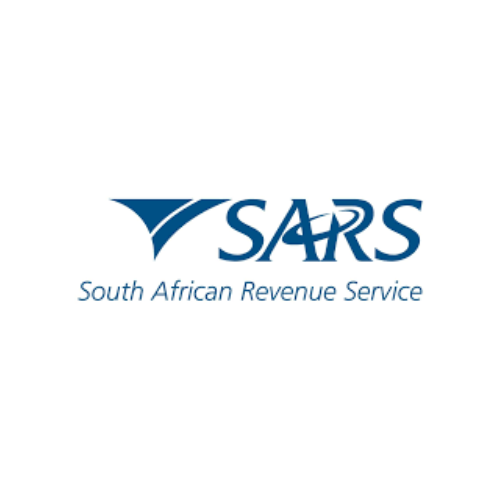Engaging in international trade can open new markets and growth opportunities for small businesses. However, navigating the regulatory landscape for exports and imports is crucial. Here’s a guide to obtaining the necessary licenses and complying with regulations in South Africa:
1. Understanding the Need for Licenses
To import or export goods, businesses must comply with customs regulations and obtain the appropriate licenses from SARS and other relevant authorities. These licenses ensure that businesses adhere to national and international trade laws.
2. Export Licenses
Export licenses are required for certain goods, especially those subject to international control agreements or national security concerns. The process involves:
- Registering as an exporter with SARS using the Registration Client Type 4 – Exporter form.
- Submitting supporting documents, such as the company’s registration documents, tax clearance certificate, and details of the goods to be exported.
- Ensuring compliance with export control regulations for specific products, like agricultural goods, pharmaceuticals, and dual-use items.
3. Import Licenses
Similar to export licenses, import licenses are required for certain goods to ensure compliance with health, safety, and environmental standards. The process includes:
- Registering as an importer with SARS using the Registration Client Type 4 – Importer form.
- Providing necessary documentation, including the company’s registration documents, tax clearance certificate, and details of the goods to be imported.
- Obtaining additional permits for restricted goods, such as foodstuffs, chemicals, and medical devices, from relevant government departments.
4. Customs Declarations
All imports and exports must be declared to SARS through the customs declaration process. This involves submitting detailed information about the goods, their value, and the country of origin or destination. Accurate declarations ensure compliance and facilitate the smooth movement of goods across borders.
5. Compliance and Record-Keeping
Maintaining accurate records of all import and export transactions is essential. These records should include invoices, shipping documents, and customs declarations. SARS requires businesses to retain these records for at least five years.
Conclusion Navigating the requirements for export and import licenses can be complex, but understanding the process and maintaining compliance can help small businesses expand their reach and avoid penalties. Consulting with trade experts or using specialized software can simplify the licensing and customs declaration process.

